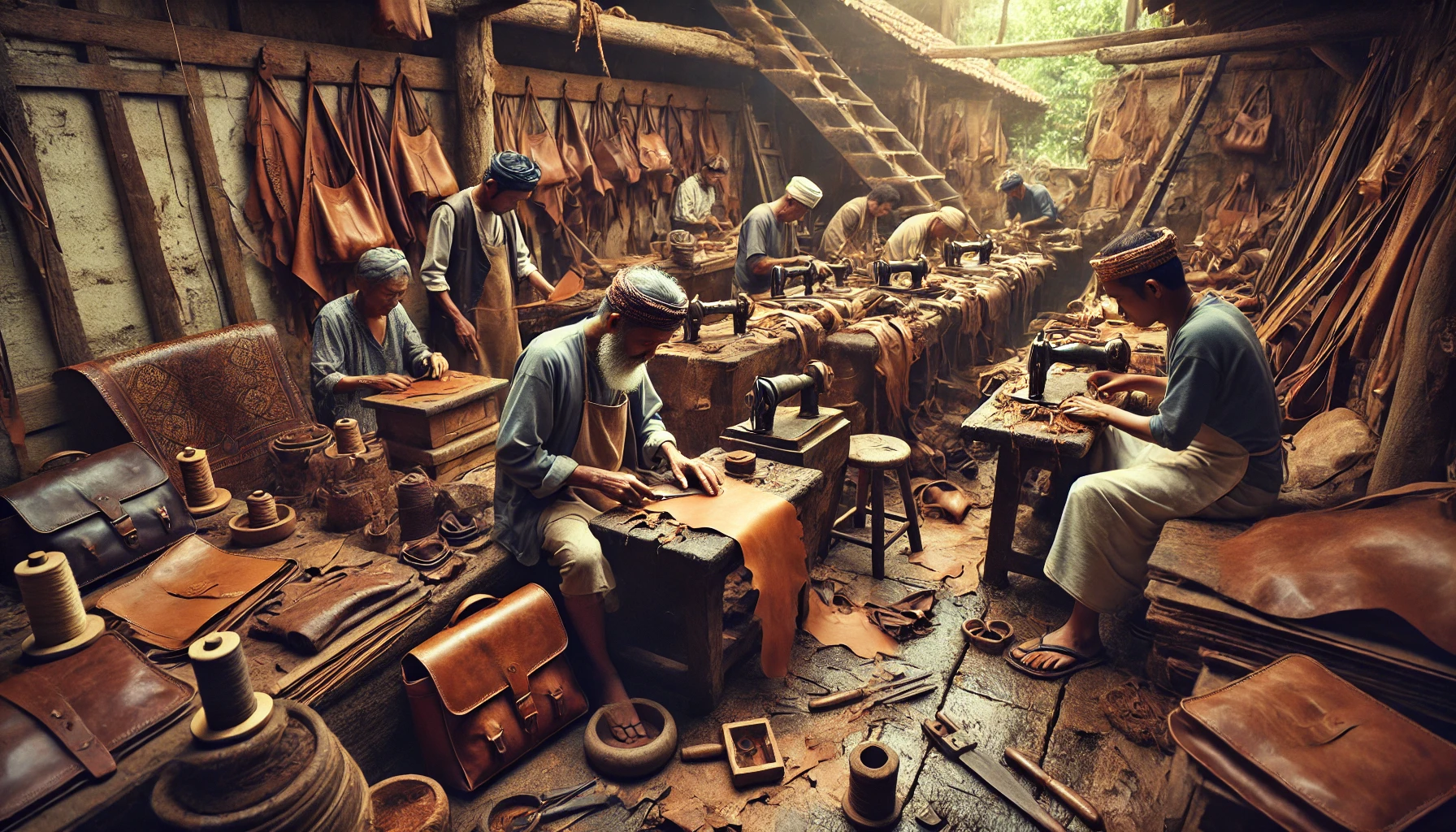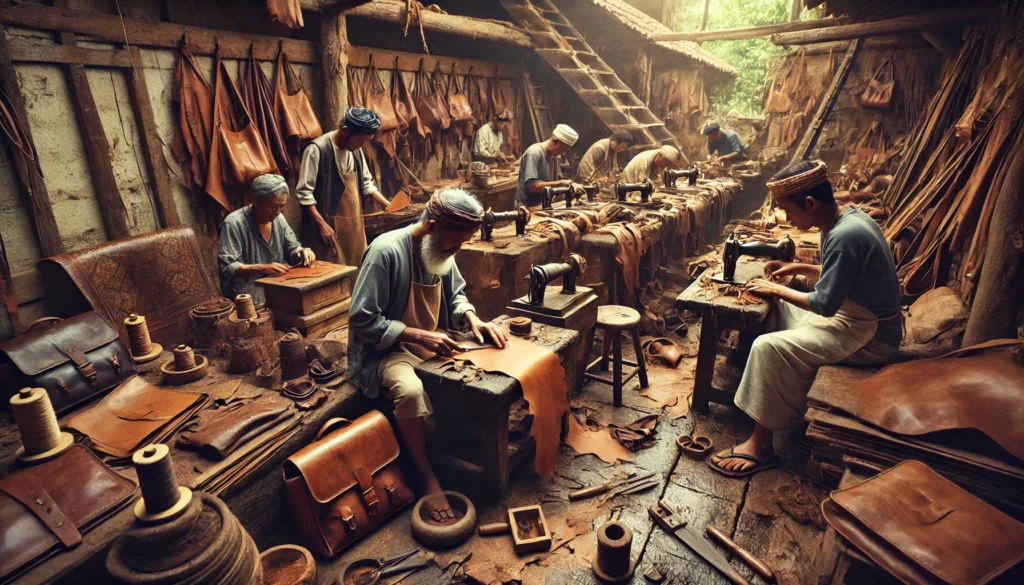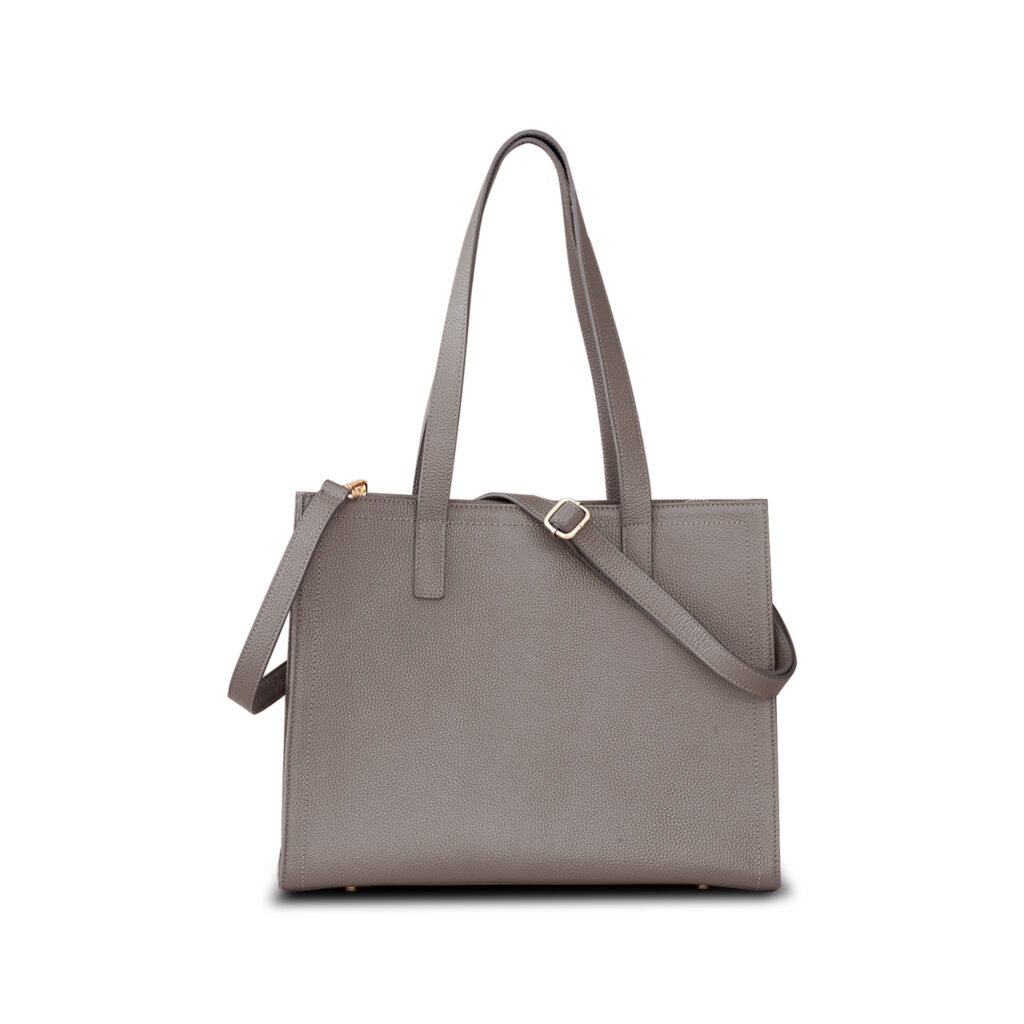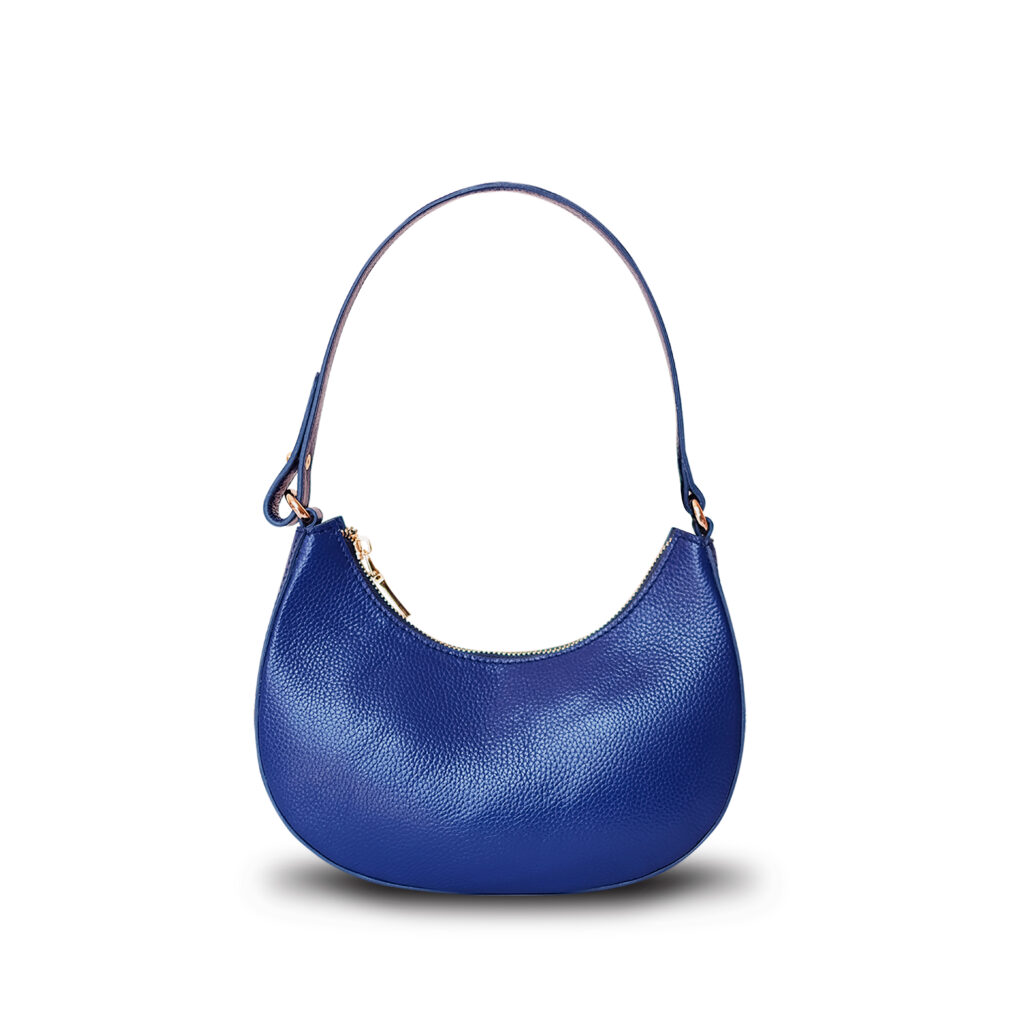Padre: Menjahit Karya, Menjejak Cerita


Ketika Anda memegang sebuah tas Padre, Anda sedang memegang karya seni yang bukan hanya hasil dari tangan seorang pengrajin, tetapi juga hasil dari tradisi yang diwariskan dari generasi ke generasi. Di balik setiap tas Padre, terdapat kisah-kisah para artisan yang berperan penting dalam mewujudkan setiap desain menjadi kenyataan. Para pengrajin ini bekerja dengan penuh cinta dan perhatian terhadap detail, memastikan bahwa setiap produk yang dihasilkan memiliki kualitas yang tidak hanya terlihat, tetapi juga terasa.
Salah satu pengrajin kami, Pak Budi, selalu mengatakan bahwa setiap kali dia membuat tas, dia merasa seperti sedang menanam benih di kebunnya. “Seperti menanam, kalau kita rawat dengan baik dari awal, hasilnya pasti memuaskan,” ujarnya sambil tersenyum. Pak Budi sudah menekuni seni pembuatan tas kulit sejak masih muda, belajar dari ayahnya yang juga seorang pengrajin. Kini, dia meneruskan tradisi tersebut sambil menambahkan sentuhan keahlian modern yang dia pelajari sepanjang perjalanan hidupnya.
Sebuah Keterampilan yang Dihormati
Para pengrajin kami, yang sebagian besar berasal dari latar belakang pendidikan yang terbatas, telah mengasah keterampilan mereka dari pengalaman bertahun-tahun. Mereka bekerja dengan kulit sapi Jawa yang unik, sebuah bahan yang tidak hanya membutuhkan tangan yang ahli, tetapi juga pemahaman mendalam tentang bagaimana bahan tersebut bereaksi terhadap setiap proses. Mulai dari pemotongan kulit hingga proses penyamakan, setiap langkah dikerjakan dengan presisi dan keahlian.

Ibu Siti, seorang pengrajin wanita di tim kami, memulai karirnya sebagai penjahit pakaian sebelum bergabung dengan Padre. Awalnya, dia merasa ragu apakah dia bisa menguasai seni pembuatan tas kulit. “Kulit itu berbeda dengan kain, lebih keras, lebih menantang,” katanya. Tapi setelah beberapa bulan, dia menemukan ritmenya. “Sekarang, membuat tas rasanya seperti membuat lukisan. Setiap jahitan adalah goresan kuas, setiap detail adalah sentuhan seni.”
Kisah di Balik Setiap Produk




Setiap tas Padre yang Anda miliki membawa cerita di balik proses pembuatannya. Mulai dari kulit yang dipilih secara teliti, hingga tangan-tangan terampil yang mengubah bahan mentah menjadi sebuah produk mewah, setiap langkah penuh dengan dedikasi dan cinta. Pengrajin kami tidak hanya bekerja untuk menghasilkan tas, mereka bekerja untuk menciptakan sebuah karya seni yang akan menemani Anda dalam setiap langkah hidup.
Bagi kami di Padre, produk yang kami buat bukan hanya tentang fashion atau tren, melainkan tentang hubungan yang mendalam antara manusia, bahan, dan seni. Para pengrajin kami adalah jantung dari apa yang kami lakukan, dan melalui keterampilan mereka, kami dapat menghadirkan produk-produk yang benar-benar istimewa.






